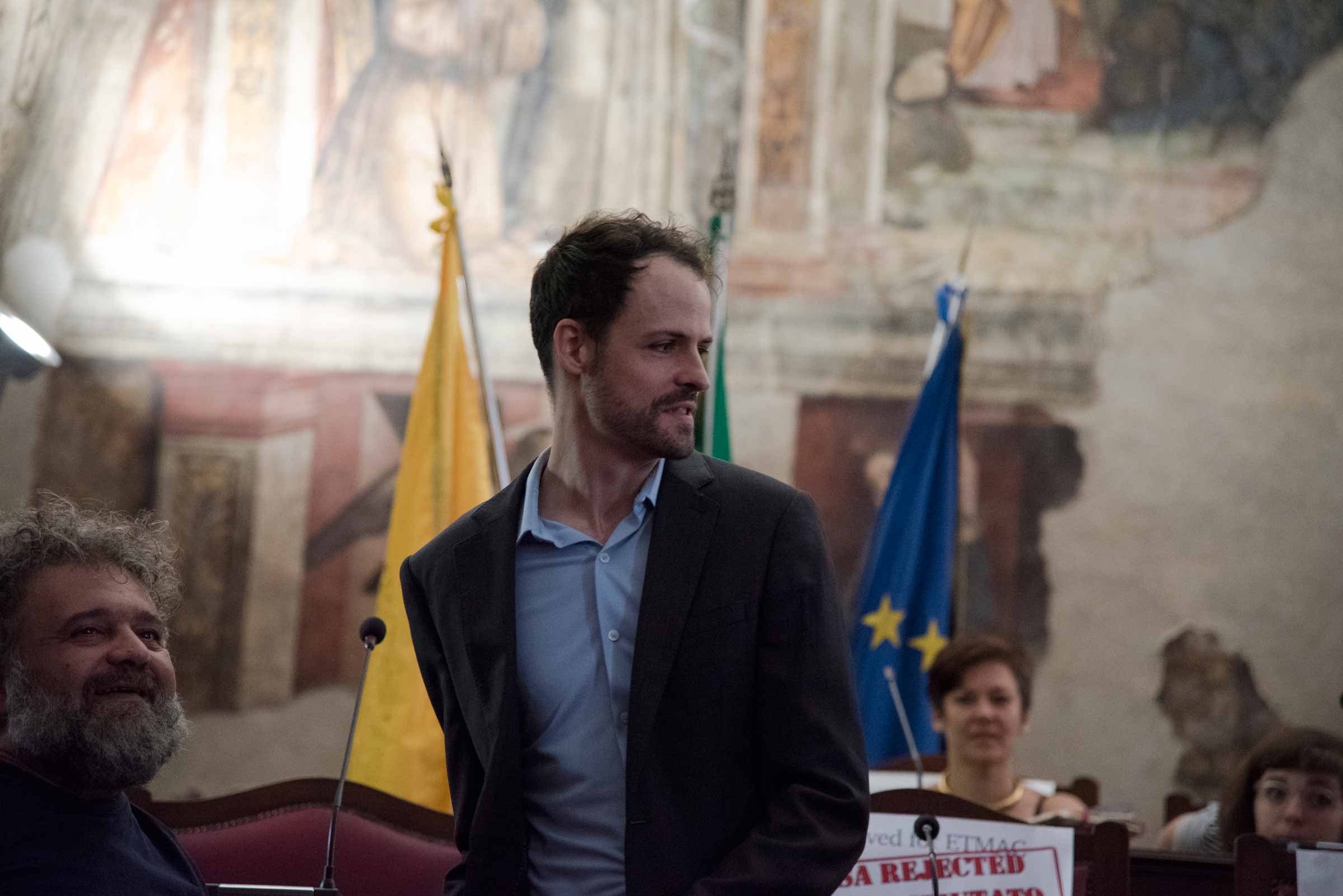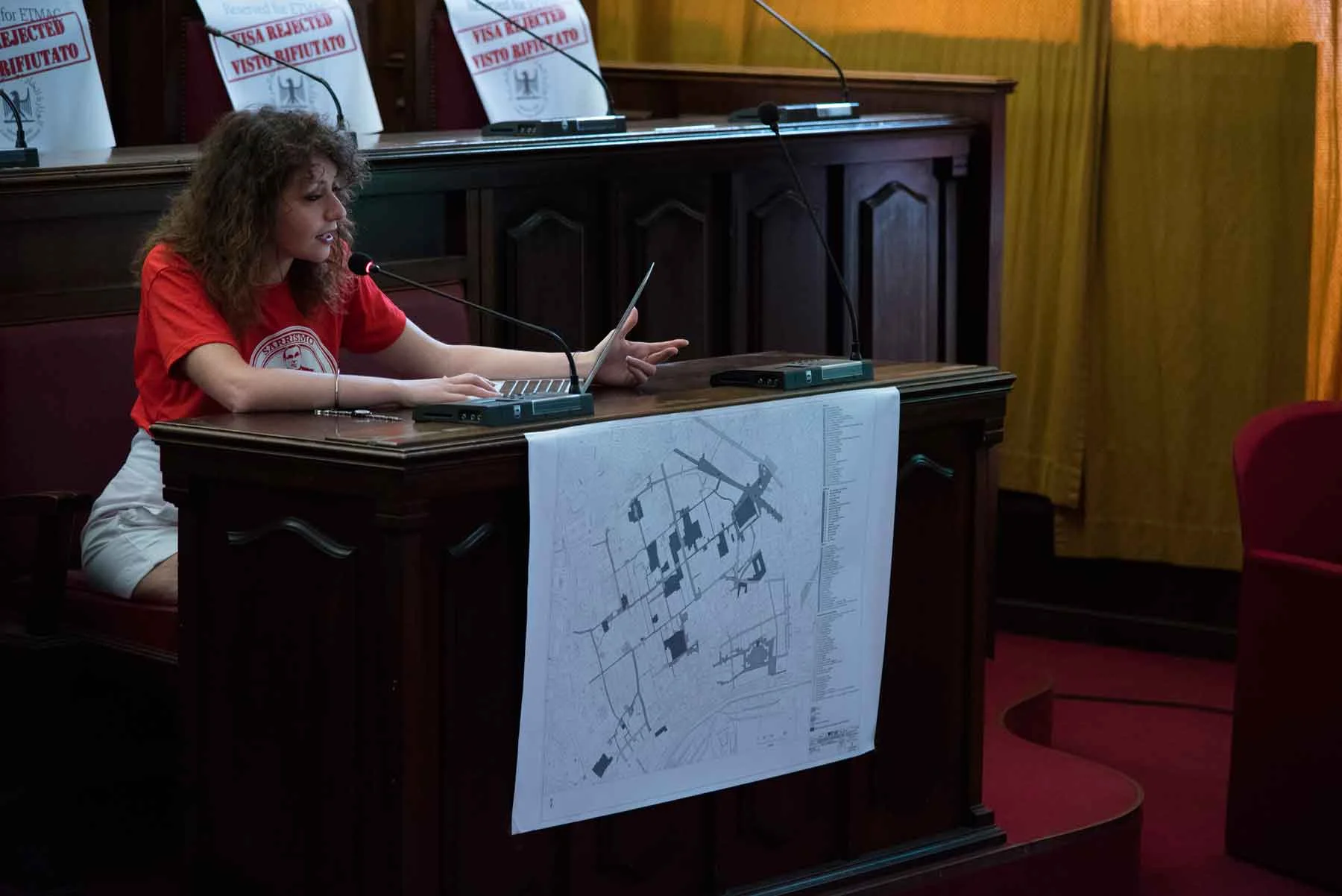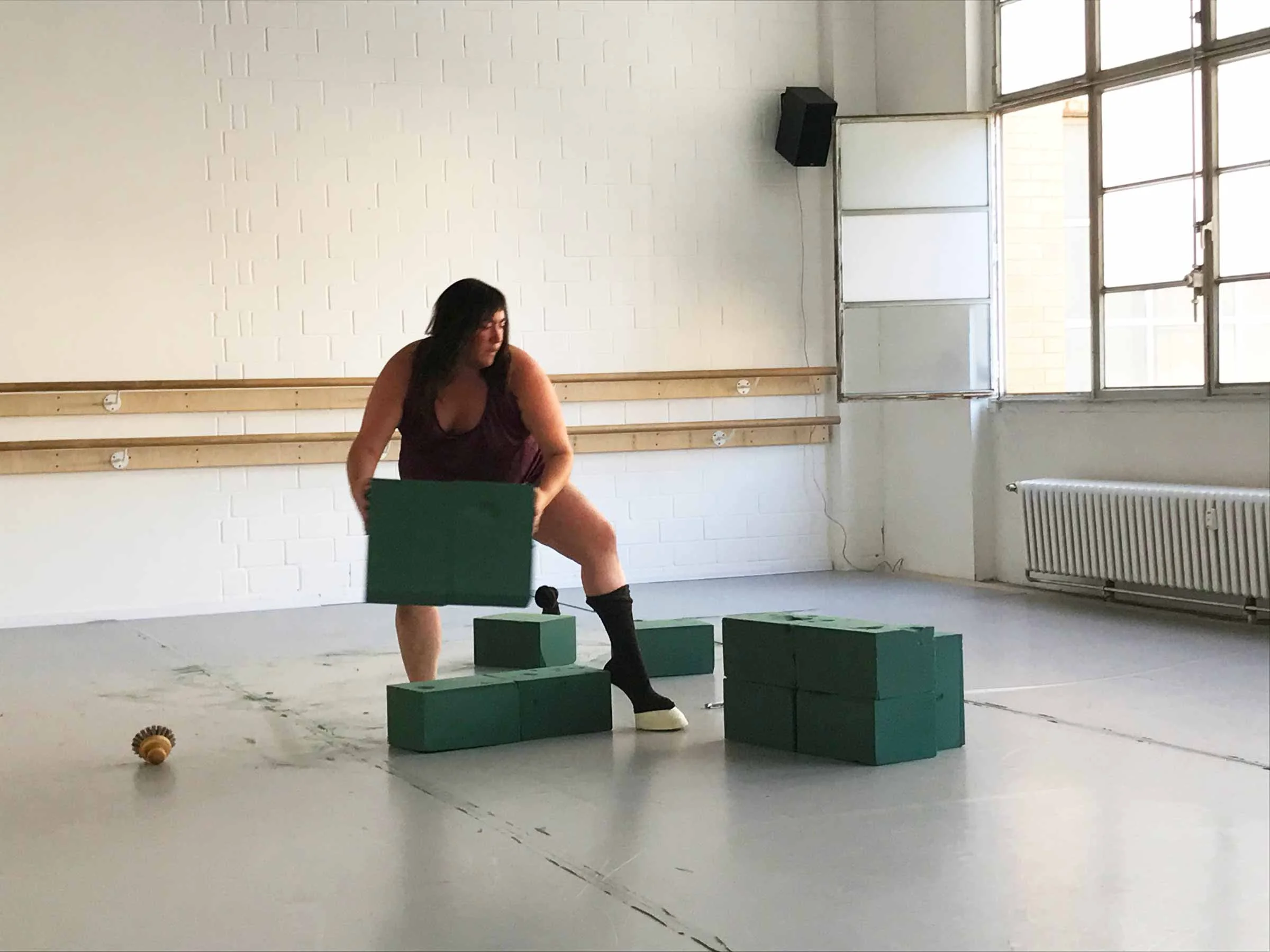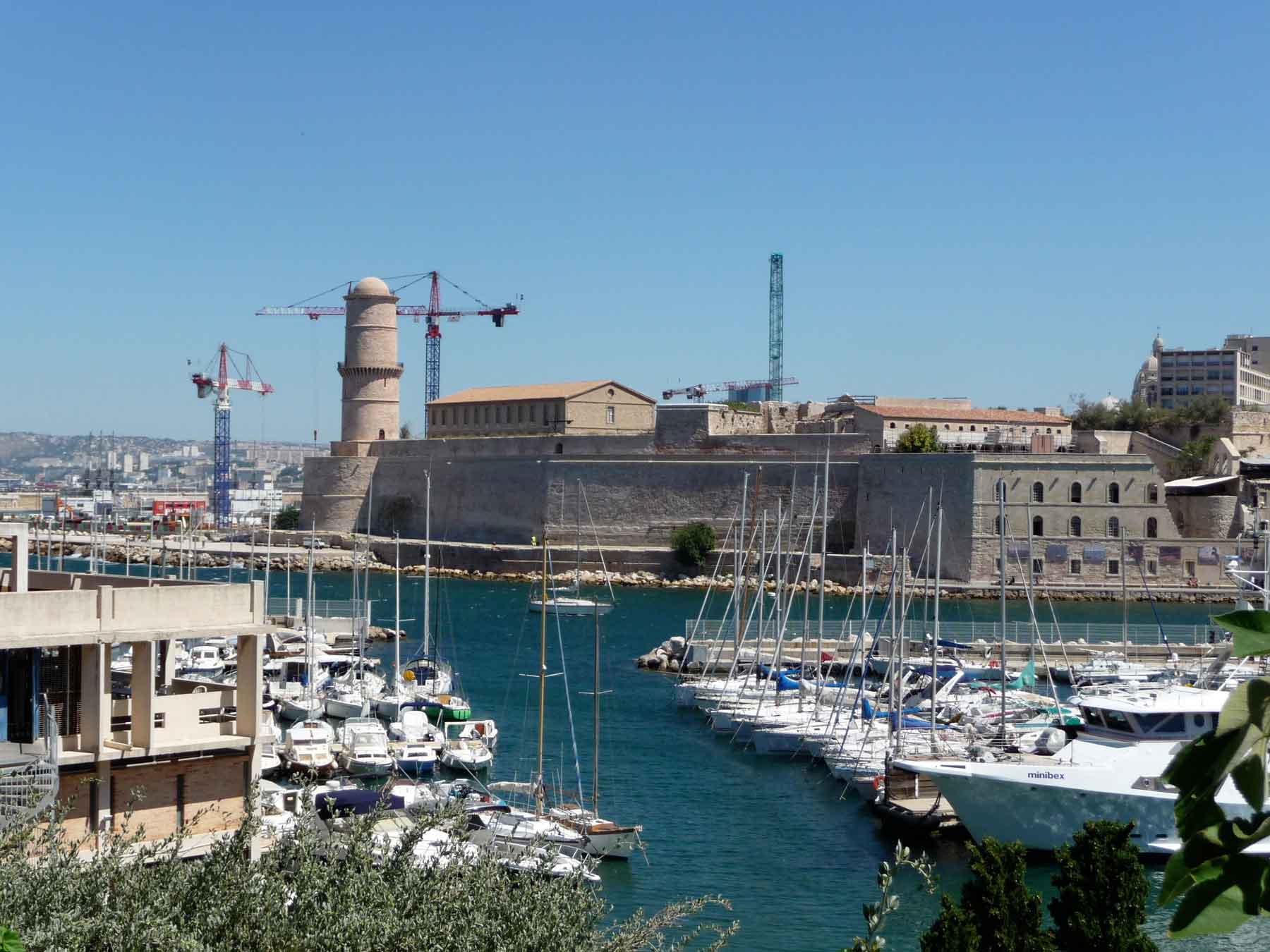Napoli Altofest
Performatively staging contemporary debates in urbanism
The Context
The Altofest performing arts festival is a radical experiment in urban art making. Spread across the city of Napoli, Altofest eschews formal venues, instead hosting an extraordinary lineup of international performing artists in intimate and non-traditional spaces dotting the urban landscape, ranging from the intimate space of private homes to dramatic limestone quarries, historic civic spaces, and the iconic streets of Napoli itself. This radical deconstruction of the performing venue breaks down the boundaries between the stage and the city, forces artists to fundamentally reinvent their work, and raises the possibility of truly accessible and community-oriented art.
The Response
Altofest invited Kuchar&Co and the Egyptian choreographic collective HaRaKa to develop a groundbreaking and experimental staging of conflicts over urban placemaking. Under the guise of an urban redevelopment competition, the work brought together performers and community organizers to stage raucous debates around the redevelopment of iconic sites throughout Napoli, articulating and addressing community concerns around "touristification," gentrification, and representation of minorities in urban planning decision making. The performance, held within La Comuna di Napoli's historic Complesso Monumentale di Santa Maria la Nova, itself a venerable site of democratic city governance, unlocked discussions around placemaking and framed Napoli's urban challenges as opportunities for coalition-building and grassroots organization.
This work was supported by a 2018 grant from the Foundation for Contemporary Arts.






